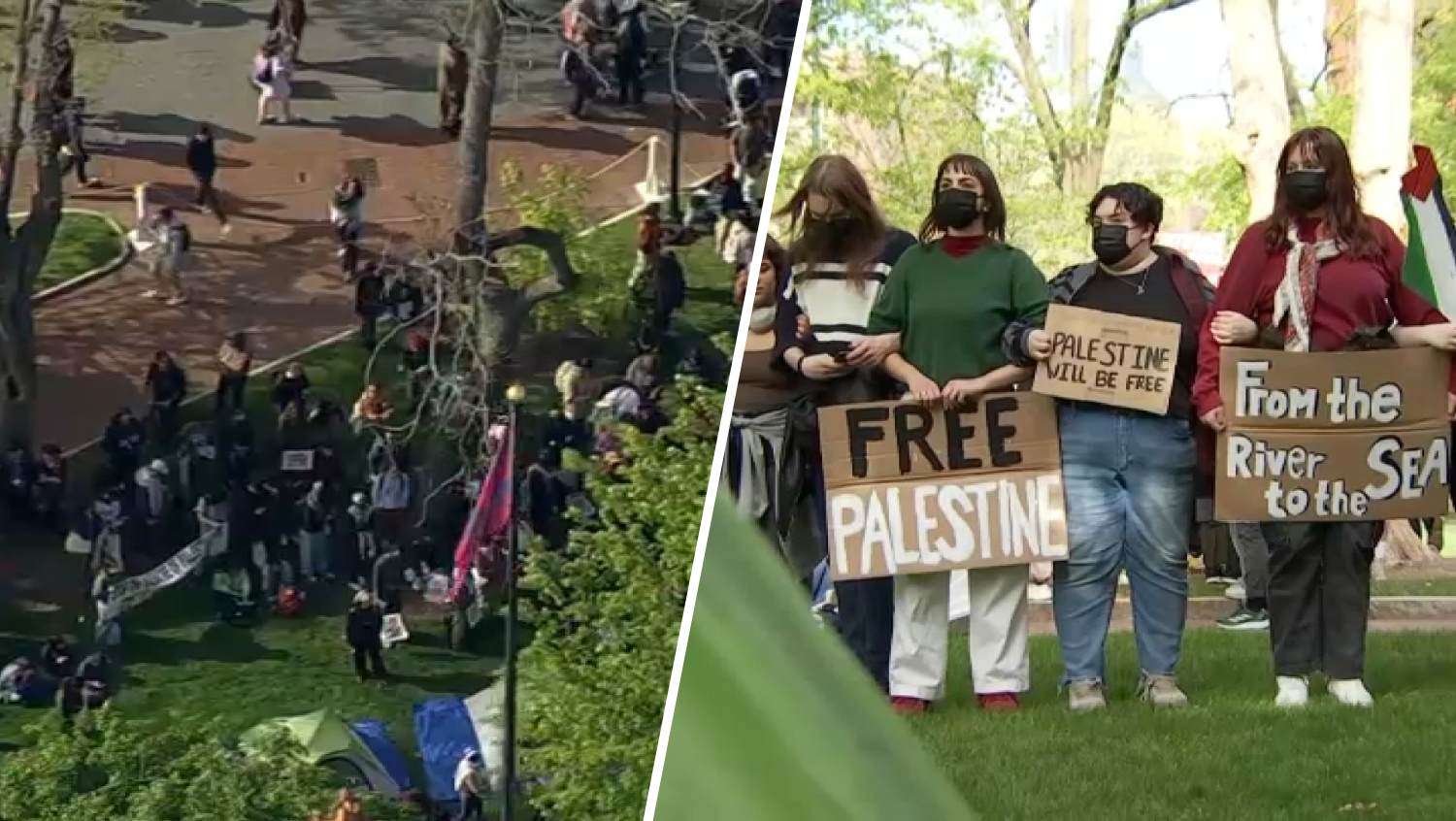Police in Philadelphia used a controversial tactic known as "stop-and-frisk" 35,000 times in 2016, a decline of 30 percent compared to the prior year, but not the end of a policy Mayor Jim Kenney promised to eliminate during his mayoral campaign.
The decrease is part of an ongoing strategy to minimize, if not yet eliminate, the tactic embraced by Kenney's predecessor, Michael Nutter, officials said at a press conference Tuesday.
"It's not like turning off a switch. You can't come in on day one and turn off a switch and stop it automatically," Kenney said at City Hall, accompanied by police Commissioner Richard Ross and two civil rights attorneys who sued the city because of stop-and-frisk. "This took a lot of work, and a lot of thinking, and a lot of training and a lot of process in order for us to get where we are. And we're not close to being done yet. We're moving continuously forward in a progressive manner."
In law enforcement circles, stop-and-frisk is so broad a police tactic as to evade conventional definitions -- or perhaps to ever be wholly eliminated. The term has taken on a political life of its own, with legal experts arguing that the debate surrounding police stops should look at how police are applying Constititional rights like reasonable suspicion and probable cause, particularly in minority communities.
Ross touted the department's improved analysis of stop-and-frisk use throughout the city, by each officer, in weekly commanders' meetings and in the way officers are versed in how the law applies to stops of citizens.
"We fully acknowledge we still have a ways to go. No one here is claiming victory," Ross said. "We know that this is a paradigm shift for us, but one we’re willing to make and I think that the progress we’ve had in 2016 is indicative of that."
Local
Breaking news and the stories that matter to your neighborhood.
The decrease of the overall number masks the "quality" of stops among the thousands that were still made last year, according to civil rights attorney David Rudovsky.
He said analysis of the stops showed that when the policy was actively implemented during the Nutter administration, about 50 to 55 percent of stop-and-frisk interactions were made without reasonable suspicion. That percentage is down to 25 percent, he said.
Still, the quality of stops and the training of police officers in the legal points of both stopping individuals and frisking them must improve.
"We're not trying to end this program," Rudovsky said. "But it ought to be done in a way consistent with the Constitution."



